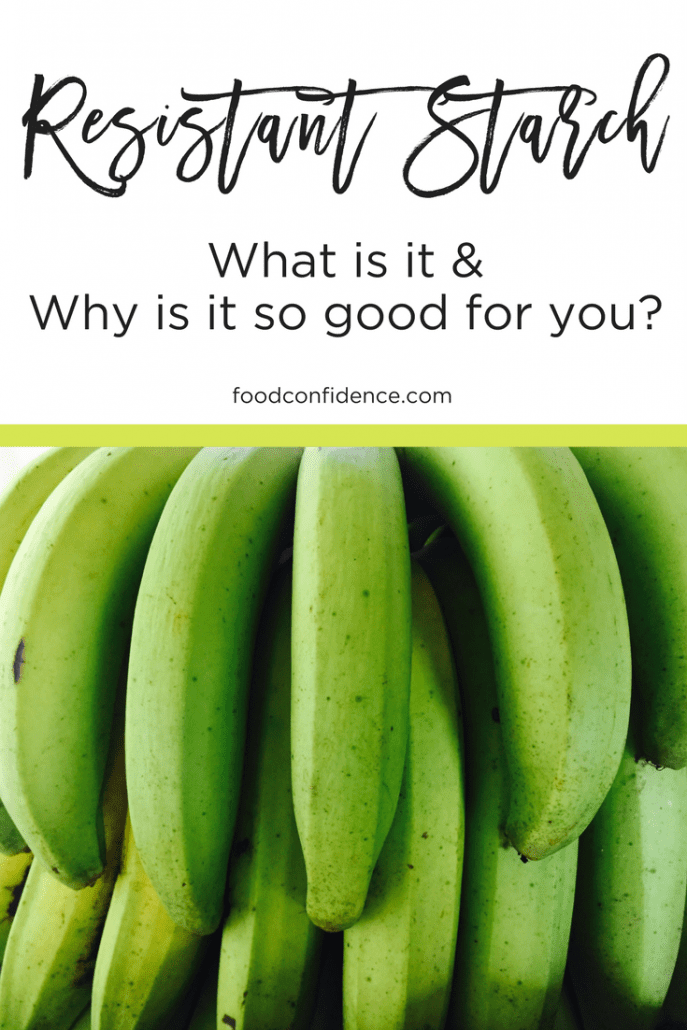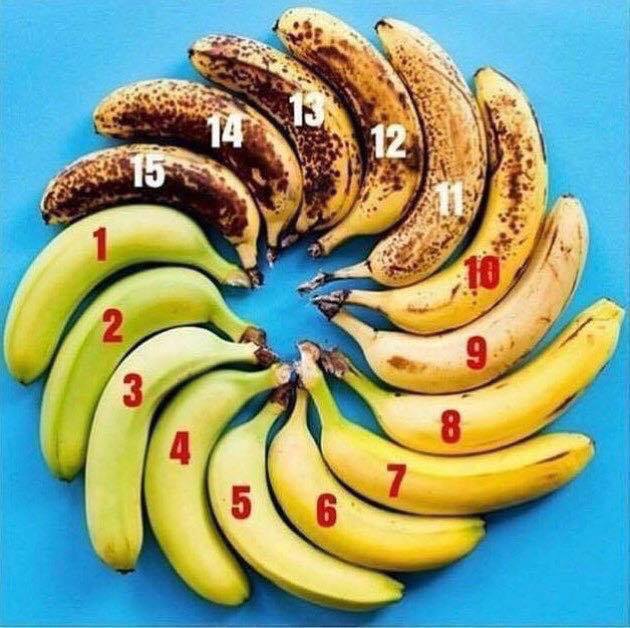
What Is Resistant Starch?
Resistant starch is a type of starch that bypasses the small intestine, resisting digestion (hence the name), and lands in the large intestine, where it is fermented. Even though we don’t actually digest and absorb resistant starch, it still plays an important role in our health.
Resistant starch serves as prebiotics, which feed the healthy bacteria in your digestive tract. When bacteria in the large intestine ferment resistant starch, short-chain fatty acids (SCFAs) are formed. SCFAs reduce the pH of your colon, which is healthy for your colon and helps reduce the risk of colon cancer. SCFAs also reduce colonic inflammation and “feed” the cells that line your colon, keeping them healthy and resistant to pathogenic bacteria. All in all, the SCFAs that result from resistant starch fermentation are good news for your colon health, which may be helpful for digestive disorders like IBS, Crohn’s Disease, Ulcerative Colitis, constipation, and more.
In addition, resistant starch increases satiety, so you feel fuller longer after meals. This is key if you’re trying to lose weight because when you’re full, you’re less likely to eat mindlessly or overeat. Since resistant starch isn’t actually absorbed by your body, it doesn’t effect your blood sugar level. The foods that contain resistant starch usually also contain other carbohydrates that do raise your blood sugar, but the resistant starch helps slow the whole process down. Studies have shown that including resistant starch in a meal significantly reduces the blood sugar spike that typically follows, helping keep your blood sugar balanced and reduce your risk for diabetes.
Where to Find Resistant Starch
I bet you’re wondering where can I get some resistant starch? Here’s a hint: bananas have resistant starch, but it depends on how ripe they are. I showed my Fearless Cooking Facebook community the image below and asked them which numbered banana they thought contained resistant starch and which one was their favorite. The answers were pretty split! Half of chose either end of the spectrum, choosing banana 1 or banana 15 as the highest in resistant starch, but favorite ripeness levels were between 4-9.

photo credit: Wright Kitchen
Which banana contains resistant starch?
If you guessed banana 1, you’re correct! Under-ripe bananas are a great source of resistant starch. As bananas ripen, the starch is converted to sugar, so the less ripe a banana is, the more resistant starch is inside!
Wondering what other foods have resistant starch? There are four types of resistant starch, classified by source:
- Type 1 is inaccessible to our digestive enzymes and digestive enzymes can’t access the starch, it can’t be broken down. This type is found in legumes, seeds, and whole and partially milled grains.
- Type 2 is resistant to digestion because of the starch granule structure. This type is found raw potatoes, some legumes, under-ripe bananas, and corn.
- Type 3 is produced when some starchy foods are cooked and then cooled. That cook-cool process changes the structure of the starch, making it more resistant to digestion. This type is found in cooked and cooled rice, potatoes, pasta, and breads.
- Type 4 is chemically modified and isolated resistant starch. This type is found in a wide range of processed foods and Hi-Maze Resistant Starch products.
What foods do you eat that have resistant starch? Did you guess correctly on my Facebook poll?